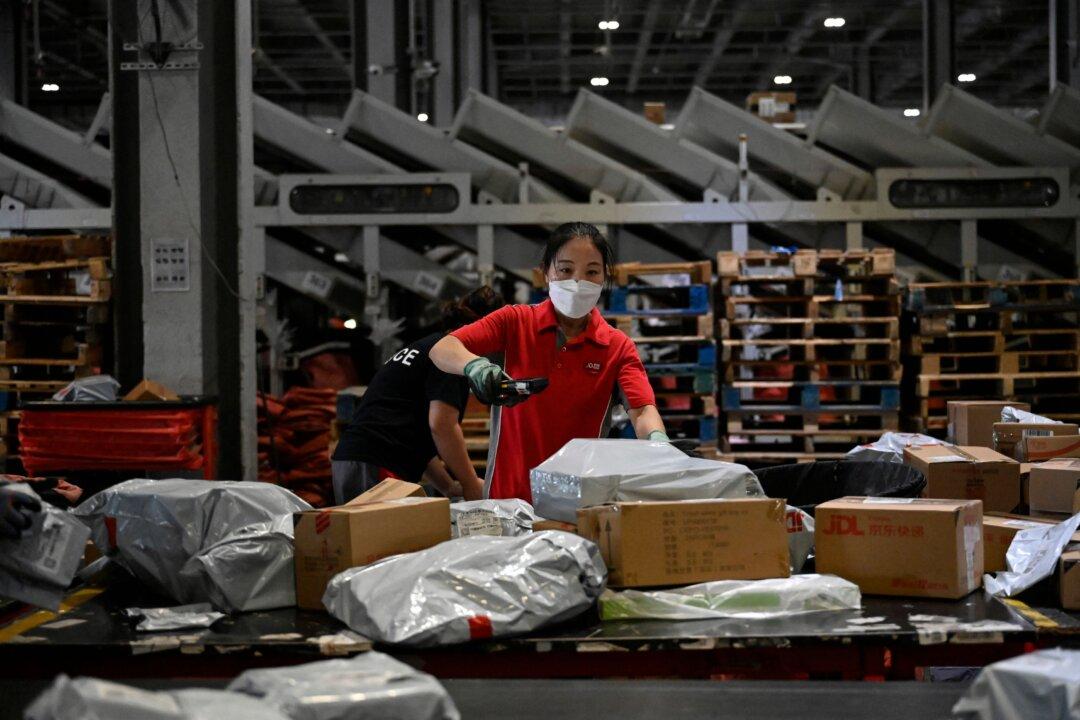Senators across the political spectrum are calling for transparency in third-party funding of litigations in U.S. courts, citing large amounts of “foreign-sourced” money pouring into U.S. civil suits against companies and industries that pose significant national and economic security threats.
Last week, in a letter to the chief judges of Florida’s three federal districts—a total of 15 district courts—Sens. Marco Rubio (R-Fla.) and Rick Scott (R-Fla.) sought the enforcement of disclosure rules for foreign third-party litigation funding.





